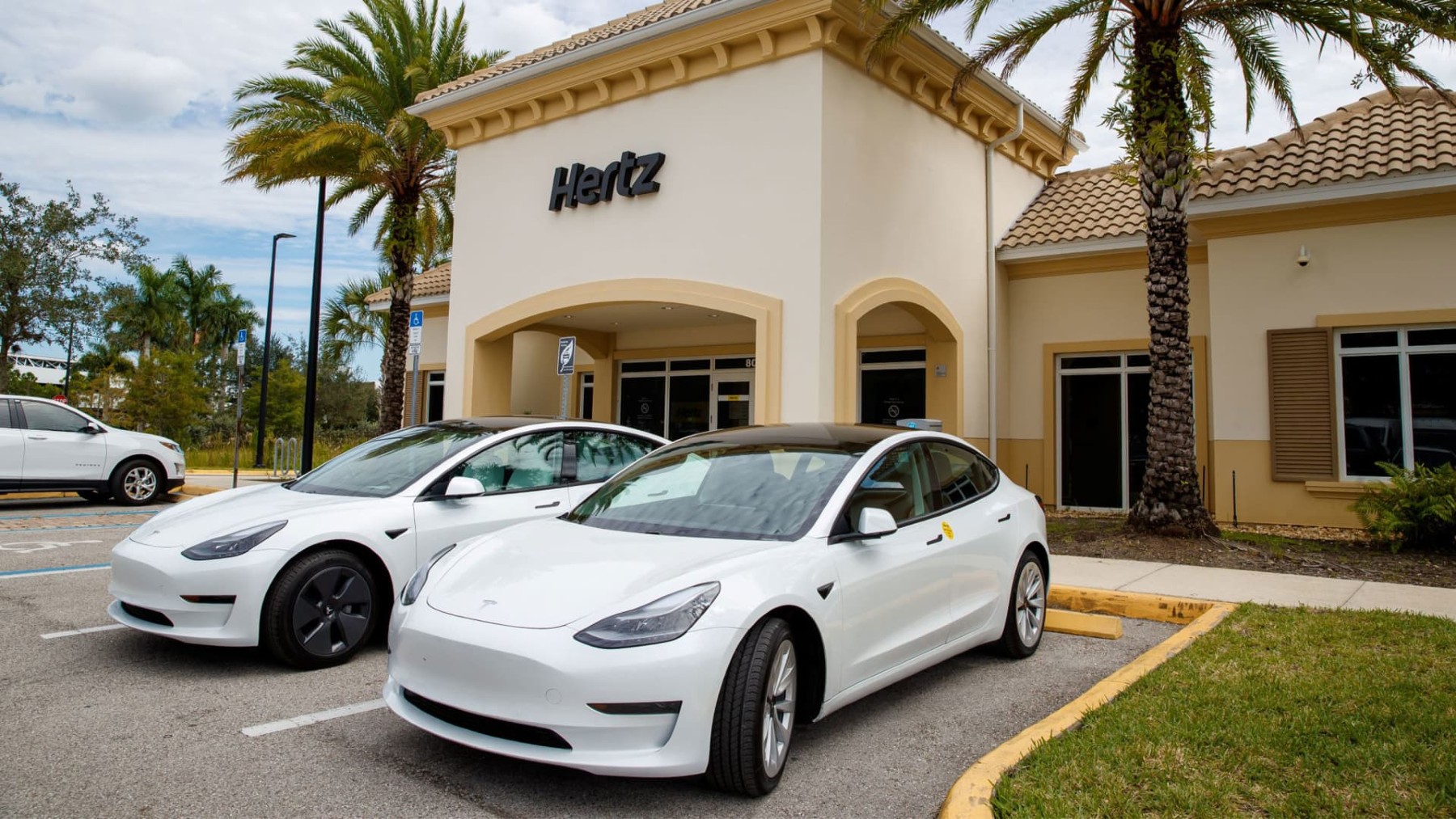This brand bet everything on the car of the future…It has lost $2 billion

Electric vehicles (EVs) are increasingly being hailed as the cars of the future. This has been driven by their promise of sustainability, energy efficiency, and reduced environmental impact. As concerns over climate change and air pollution intensify, EVs offer a cleaner alternative to traditional internal combustion engine vehicles. They produce zero tailpipe emissions and significantly lowering overall carbon footprints.
Technological advancements in battery technology have improved the driving range and affordability of EVs to make them more practical and accessible for a wider range of consumers. Governments around the world are also supporting the transition to electric mobility through incentives, subsidies, and stricter emissions regulations, further boosting EV adoption.
In addition to their environmental benefits, EVs also offer lower maintenance costs to internal combustion engines as they have fewer moving parts and don’t require oil changes. With the growing focus on renewable energy sources and the expansion of charging infrastructure, EVs are positioned to play a central role in the future of transportation, reshaping the automotive landscape and contributing to the global push toward a cleaner, more sustainable future.
Where Hertz went wrong
With electrical vehicles increasing in popularity, it comes as a surprise that Hertz’s investment in electrical vehicles did not pay off. However, the company reported that the loss stems from their strategy plans and not necessarily because of the cars themselves. In January of this year, they offloaded 20,000 Tesla and Polestar electric cars. This amounts to a third of their total U.S fleet of these cars.
The following month, they cancelled their order of 65,000 vehicles from Polestar. In April, they offloaded an sold off an additional 10,000 electric vehicles. The decision to make changes to the U.S. fleet came with how the resale values of electric vehicles in the U.S has worsened. The rental company still plans to meet its previously announced goal of selling 30,000 electric vehicles from its fleet by the end of 2024.
Hertz highlights the struggle to convince consumers to adapt to electric vehicles
Part of the reason why Hertz may be struggling to rent their electric vehicles to consumers has to due with logistical worries consumers may have. One of the main concerns is the limited availability and convenience of charging infrastructure. Unlike gasoline stations, EV charging stations are still not as readily available. This is especially true in more rural or remote areas.
The problem with a lack of infrastructure means that it can create range anxiety for renters who need to travel long distances. Additionally, the time it takes to charge an EV—often several hours compared to the few minutes it takes to refuel a traditional car—can create significant logistical problems for rental companies, leading to longer turnaround times between rentals.
Additionally, customers may be unfamiliar with EVs and reluctant to rent them due to concerns about battery life, charging, or simply a lack of experience with electric driving. This highlights a global problem the automobile industry is having with convincing consumers to embrace alternative engine solutions. However, hybrid vehicles are faring better than their full electric vehicle counterparts in terms of popularity amoung consumers.
The future of electric vehicles in the U.S. awaits with president-elect Donald Trump set to take office in January 2025. Trump is expected to make policy changes surrounding electric vehicles and sustainability.

